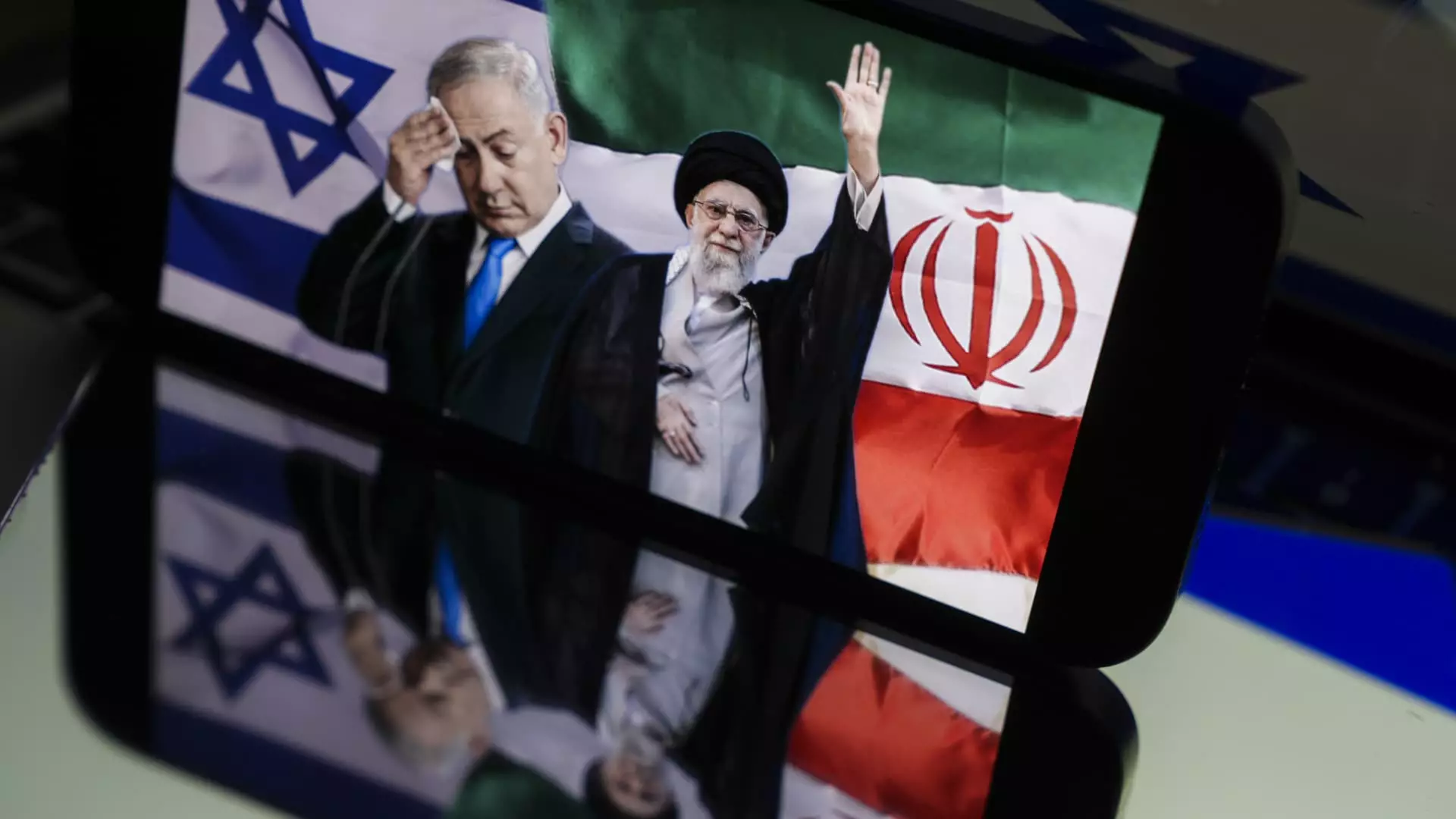The current state of the global energy landscape reveals a systemic vulnerability rooted in geopolitical discord. While markets often react to immediate shocks—such as war or sanctions—the deeper issue lies in a pervasive uncertainty that pervades policy and stability. Iran’s recent vocal criticism of war’s destabilizing effects underscores a paradox: despite global calls for peace, power struggles and regional conflicts continue to threaten the sanctity of supply chains. This ongoing tension exposes a fundamental flaw in how energy markets are intertwined with geopolitical interests. When major producers like Iran, with its substantial 3.3 million barrels per day, face the threat of diplomatic isolation or military confrontation, confidence in the supply chain erodes. It is not merely a matter of price fluctuation but a question of whether we can trust the stability of the fundamental resource upon which modern civilization relies.
The Self-Destructive Cycle of War and Sanctions
The complex narrative of Iran and Israel’s recent escalation, coupled with U.S. military strikes, exemplifies how diplomatic shortsightedness fosters a self-fulfilling prophecy of turmoil. As Iran employs missile and drone attacks, and the U.S. responds with targeted strikes, the entire region risks sliding into a more profound chaos that disrupts global markets. Sanctions further complicate this picture; they clamp down on Iran’s economy, almost deliberately incentivizing clandestine activities—like Iran’s shadow fleet—that distort markets and obscure true supply levels. Such measures may temporarily punish a regime but do little to catalyze constructive change. Instead, they deepen reliance on risky smuggling routes and off-grid operations, making the energy market even more unpredictable. This cycle of confrontation without strategic diplomacy ensures that oil prices remain perilously sensitive to the slightest geopolitical tremor.
Why Diplomatic Solutions Are the Only Smart Choice
Contrary to the bravado of threats, history suggests that war is an inherently destructive tool that ultimately accelerates chaos. Iran’s plea for a principled stance against war is more than moral rhetoric; it highlights a pragmatic truth—peace is the only sustainable path to stability. Yet, the question becomes whether world leaders genuinely prioritize strategic diplomacy or succumb to short-term political gains. The Biden administration’s cautious approach, advocating for negotiations over conflict, offers a glimmer of hope. Achieving a nuclear deal, or at least a clearer diplomatic framework, could mitigate the unpredictable Black Swan risks that keep markets on edge. The alternative—continued escalation—threatens to trigger supply shocks that could send prices spiraling beyond control, driving inflation and hampering global recovery efforts. In this delicate juncture, a center-leaning liberal perspective would urge a balanced commitment to diplomacy, emphasizing that peaceful resolution aligns not only with humanitarian values but with economic prudence.
Market Stability Dependent on Wise Leadership
The current predicament underscores that global energy security is less about raw resource availability and more about intelligent, cooperative governance. Major players like Iran, the U.S., and Israel wield disproportionate influence over market directions—yet their decisions often hinge on tactical dominance rather than long-term stability. Iran’s attempts to reassert itself through missile strikes and nuclear brinkmanship reflect a desire for leverage, but also reveal a dangerous underestimation of the economic fallout that accompanies conflict. Meanwhile, Western sanctions, while aimed at limiting Iran’s nuclear capabilities, often exacerbate existing tensions by fueling illicit trade and undermining legal commerce. It is a reminder that sustainable energy policy cannot thrive in a climate of conflict; it requires leadership committed to dialogue, transparency, and cooperation. Failing to do so risks turning a manageable imbalance into an uncontrollable crisis, harming consumers and economies worldwide.
A Call for Realpolitik and Responsible Leadership
The path forward demands a pragmatic reevaluation of our approach to conflict and energy policy. Unilateral sanctions, military strikes, or aggressive posturing—although politicallyPopular—serve only to deepen instability. Instead, fostering multilateral dialogue, investing in renewable energy sources, and establishing emergency reserves are smarter strategies that reduce dependency on volatile regions. A center-wing liberal stance recognizes that language of diplomacy and strategic patience is essential; it balances national interests with collective stability. The unwinnable game of brinkmanship has demonstrated that escalation creates chaos, not security. Therefore, the real challenge lies in cultivating responsible, long-term leadership that understands the interconnectedness of geopolitics and economies. Only through a nuanced, balanced approach can the world hope to tame the unpredictable Black Swan of geopolitics and ensure a more resilient energy future.


Leave a Reply